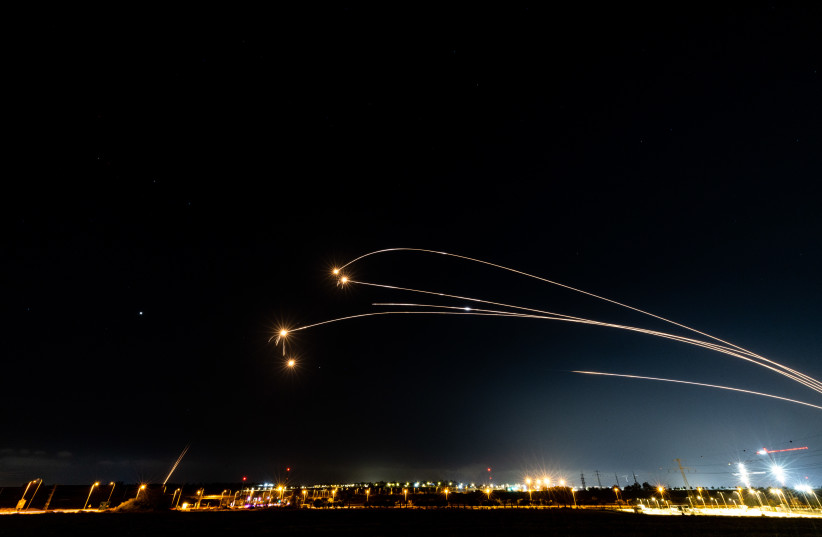During these fraught and fateful months in which our country has been tearing itself apart over the democratic character of the state and while dark clouds of war, God forbid, gather over the horizon, I have often thought about a conversation with a colleague nearly 15 years ago.
She said, at the time, that there would be a war, a major war, and that to fight and win that war, to send our youth to fight, and perhaps, die we need to have justice on our side.
This colleague, whose political views are considerably to the left of my own, did not believe that justice was in fact on our side.
The justice of Israel's occupation of the West Bank
She was not referring to social justice or economic justice, which are of concern to people across the political spectrum, but rather to the continued military occupation by Israel of a territory with two and a half million Arab residents with no citizenship rights.
True, the military occupation of Judea and Samaria was not something Israel chose, and its continuation is due mainly to the rejection by the Palestinian Authority of the most generous offers Israel could possibly make.

Additionally, constant incitement, rocket fire from Gaza and murderous terror attacks emanating from the West Bank – including those of the past few months – have shown how risky a withdrawal to anything like the 1967 lines would be at this time.
Beyond security concerns, we can also legitimize the occupation and intensive settlement of Judea and Samaria on the basis of historical justice or biblical rights.
Yes, we were a nation forcibly exiled from our land to which for 2,000 years we yearned and prayed to return and yes, throughout the long exile there always remained some Jewish presence.
When the Jewish return to the Land of Israel began in earnest in the middle of the second half of the 19th century, the land was largely desolate and sparsely populated. In modern times, Jewish rights to the Land of Israel were ratified by the League of Nations and the San Remo conference. These claims, however, no matter how legitimate, will always crash head-on into a population of over two and a half million Palestinians who are occupying parts of this same land.
This places Israel in an untenable position in which generations of Israeli youth will forever be entering Palestinian homes in the middle of the night searching for terrorists and weapons while terrified children hide behind their parents and all the rest that our continued occupation means. Generations of our children and grandchildren will be manning roadblocks and fighting in the streets and alleyways of Jenin.
Sadly, as long as the incitement continues, as long as Palestinian children are educated in schools that teach a narrative of hatred mixed with dreams of returning to their ancestors’ orange groves; as long as Palestinians dance in the streets when their terrorists kill Israelis, there is every reason to believe that peace based on a two-state solution will result in a Hamas takeover followed by rockets and missiles raining down on Tel Aviv.
In spite of all of this, I believe that the question of justice requires that there at least be hope that one day a generation of Palestinians will grow up that truly desires peace and is willing to accept less than its maximalist dreams.
This demands, on our part, avoiding steps such as annexation or building new settlements beyond the settlement blocs, which would increasingly foreclose the possibility of a viable and contiguous Palestinian state on some significant part of the land occupied by Israel in 1967.
Those steps, if continued, will lead to either the creation of one state from the Jordan River to the Mediterranean Sea in which will live a population who either have no rights of Israeli citizenship or, if they are citizens, to an increasingly fragile Jewish majority that will put our democracy to its most challenging test.
I don’t know if it will take 50 years or 100 for a generation of Palestinians to genuinely want peace and to be willing to compromise.
But in the meantime Israel can take measures that reduce the impact of occupation; that reduce the points of conflict and create incentives that promote peaceful coexistence.
Israel should base its policy on the principle that ultimately there will be an independent, and yes, demilitarized Palestinian state that lives in peace with Israel – an Israel which is forever the democratic nation state of the Jewish people. ■
The author is head of planning at the Mandel Foundation-Israel and vice president of Atid EDI, and lives in Efrat in Gush Etzion.
